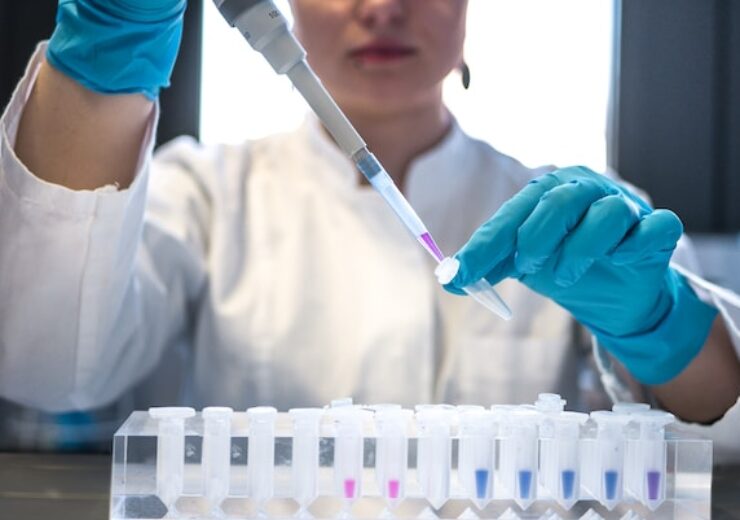ACROBiosystems and US-based biosensor company Diagnostic Biochips will advance the neurological drug discovery and commercialisation, through their new in-vivo electrophysiology solutions launched under its Aneuro brand

ACROBiosystems, Diagnostic Biochips enter drug discovery collaboration. (Credit: Julia Koblitz on Unsplash)
ACROBiosystems, in partnership with US-based biosensor company Diagnostic Biochips, has rolled out in-vivo electrophysiology solutions for neuroscience research, under its Aneuro brand.
The biotechnology company, through its new business model Acro Certify, and Diagnostic Biochips, will advance the neurological drug discovery and commercialisation.
According to ACROBiosystems, electrophysiology is an important part of neuroscience research, especially for studies focused on neural network.
The monitoring of brain’s field potential and electrical signals at the neuron-level across different brain regions has the potential to provide critical information.
The information can be used for elucidating neural network function and the biological pathway behind neurological disease pathology, said ACROBiosystems.
ACROBiosystems in its statement said: “Under Aneuro, all in-vivo electrophysiology alongside other neurological drug-development products including pre-formed fibrils (PFFs), Tau, and many other protein antigens associated with neurological diseases.
“Acro Certify is ACROBiosystems’ new business model designed to help partners reach global markets and build a global brand presence.
“This includes Marketing and Sales Channels, Product & Brand Value, Quality Assurance and Global Logistics, all focused on enabling access to cutting-edge technologies to pharmaceutical developers.”
ACROBiosystems said that the in-vivo electrophysiology is challenging due to complexity of the neural network.
The complexity is not only limited to data acquisition, but also consideration for the in-vivo animal model, which predominantly contains rodent models.
The probes are designed to work without a head stage, to reduce the physical burden on the animal heads without compromising on signal channels.
Also, deep-array electrodes are offered with a 90mm recording depth over 128 channels.
Data acquisition along with AI, cloud-based data analysis would drive structural and functional analysis of neural circuits, electrophysiological biomarker discovery and drug screening.
